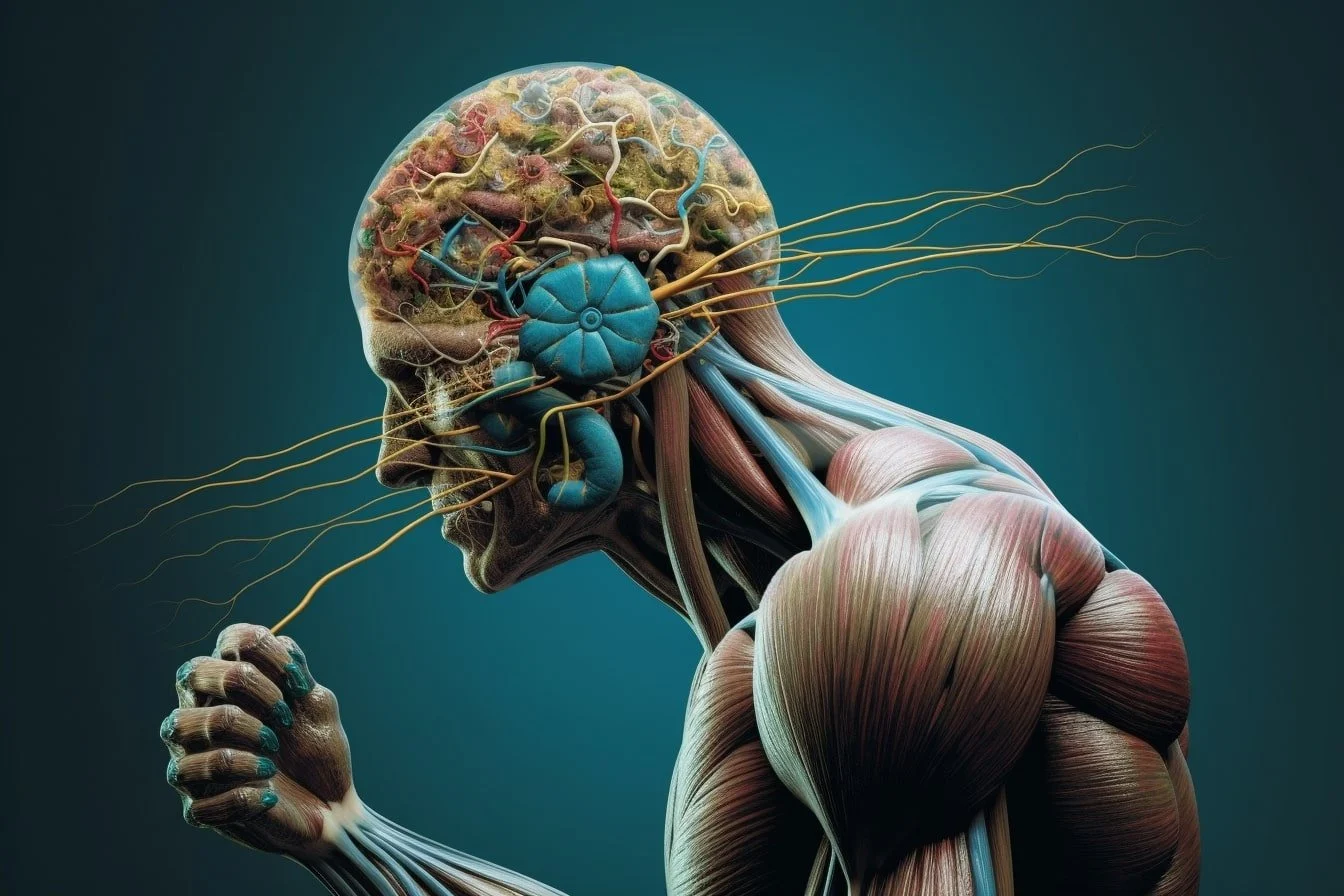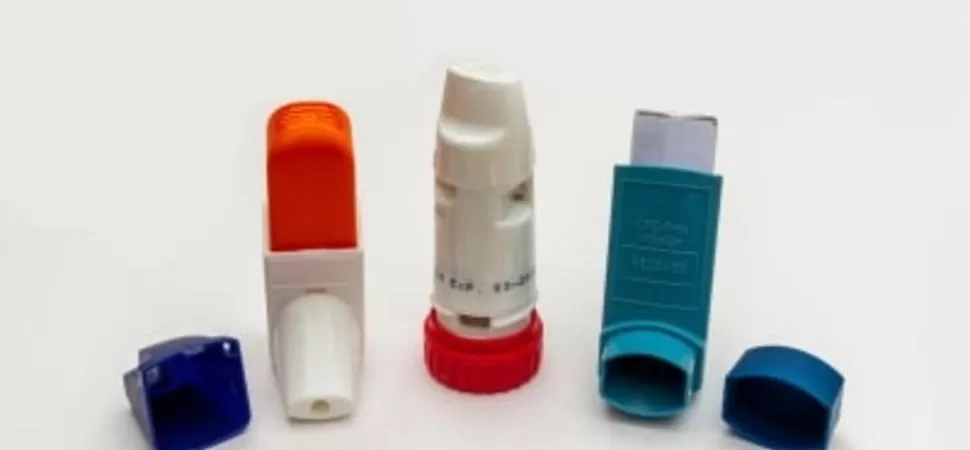
Strokes & dementia are major medical conditions that impact million of people daily. It & mental functions decline with dementia, but damage to the brain results from a stop in blood supply to the brain after a stroke. Given their apparent differences, new study shows that they may be more related than first thought. With learning if and how dementia can result in stroke, we can improve their quality lifestyle in many people by successfully managing and avoiding these illnesses. We’ll examine the connection of memory or stroke in this blog post, stressing important data and conclusions.
Understanding strokes
Strokes happen when one of the blood vessels bursts (bleeding stroke) when a blockage occurs that stops the flow of blood to a portion of the brain. Brain cells are deprived of oxygen and nutrients by this disruption, which results in their rapid death. Many symptoms, including abrupt numbness, disorientation, trouble speaking, and lack of coordination, can result from strokes. Atherosclerosis, diabetes, smoking, and high blood sugar levels are risk factors. Getting medical help right away is essential to reducing brain damage and enhancing recovery. Since strokes are one of the main causes of disability and mortality, early detection and treatment are crucial.
The Relationship Between Dementia and Stroke
Shared Risk Factors
Heart attacks & dementia share a number of risk factors. Both diseases are greatly impacted by bad lifestyle choices (such as smoking and eating poorly) and conditions like diabetes and hypertension. Controlling these risk factors is essential to avoiding strokes and dementia.
Vascular Dementia and Stroke
Heart attacks are intimately related to dementia of the arteries, which is also the most prevalent kind of dementia. It is caused by illnesses that impair blood arteries, making it harder for them to carry blood to the brain. A vicious process involving memory loss along with further damaged vessels can result from strokes, which can both induce and worsen vascular dementia.
Mechanisms Linking Dementia and stroke
Neurovascular Unit Dysfunction
As a team, neurons, glia, also & artery walls make up the neurovascular unit, which is tasked with maintaining brain function. This unit’s dysfunction can exacerbate dementia and stroke, underscoring the connection between these two illnesses.
Cerebral Small Vessel Disease
Neuronal capillaries, tiny veins, arterioles, and small arteries are all affected by cerebral small vessel disease. It is a prevalent underlying condition that causes memory loss and raises the danger of strokes in both dementia and strokes.
Inflammation and Oxidative Stress
Both dementia and stroke are caused by oxidative damage and chronic inflammation. They have the ability to harm blood vessels and brain cells, which will speed up the growth of both illnesses.
Amyloid and Tau Pathology
Plaque of amyloid with tau tangles are typical features of Alzheimer’s disease. According to recent research, these disease can possibly impact vascular function and raise the possibility of a stroke in people with Alzheimer’s disease.
Clinical Evidence

Epidemiological Studies
According to study results, strokes occur more frequently in people with dementia and vice versa. This implies a reciprocal link in which the development of one condition may raise the risk of the other.
Case Studies and Clinical Trials
Numerous studies have shown that stroke survivors have a greater frequency of Alzheimer’s disease, and people with dementia are more likely to have strokes. The importance of holistic health techniques is made obvious by these research.
Neurological Assessments and Imaging
Advanced imaging methods that assist detect dementia and stroke concurrent include CT and MRI scans. In order to comprehend the overlap and direct therapy, markers and diagnostic instruments are essential.
Implications for Treatment and Management
Prevention Strategies
In order to prevent dementia and strokes, cardiovascular risk factors must be managed. Important measures include a balanced diet, regular exercise, and blood pressure and blood sugar management.
Treatment Approaches
Patients with concomitant dementia and stroke may benefit from cognitive rehabilitation, physical therapy, and medications that treat both illnesses.
Integrated Care Models
A better experience for patients can be achieved through combined care models that address strokes and dementia. Primary care physicians, heart specialists, and doctors work together to offer integrated treatment.
Future Research Directions
In order to get more out of the co-occurrence of dementia and strokes, future research must focus on finding DNA and or chemical connections of the two disorders, creating novel treatments, and carrying out long-term studies.
Conclusion
With the purpose of creating efficient preventative and therapeutic plans, it is important to understand the relationship among dementia and strokes. Despite being separate illnesses, there appears to be an important connection based on the same risk factors, processes, and clinical data. To enhance the lives of persons affected by these difficult diseases, more research and integrated care approaches are necessary.




